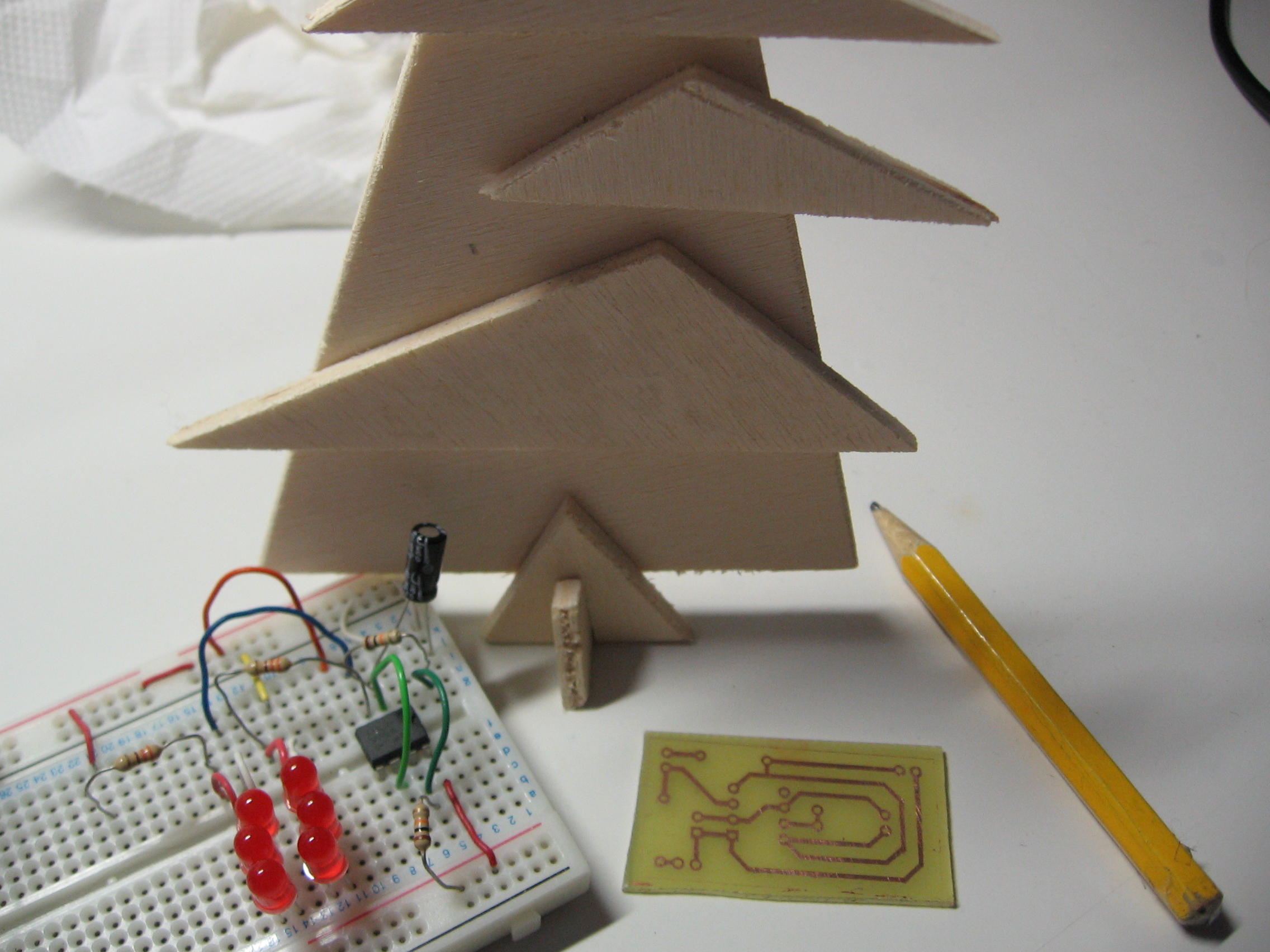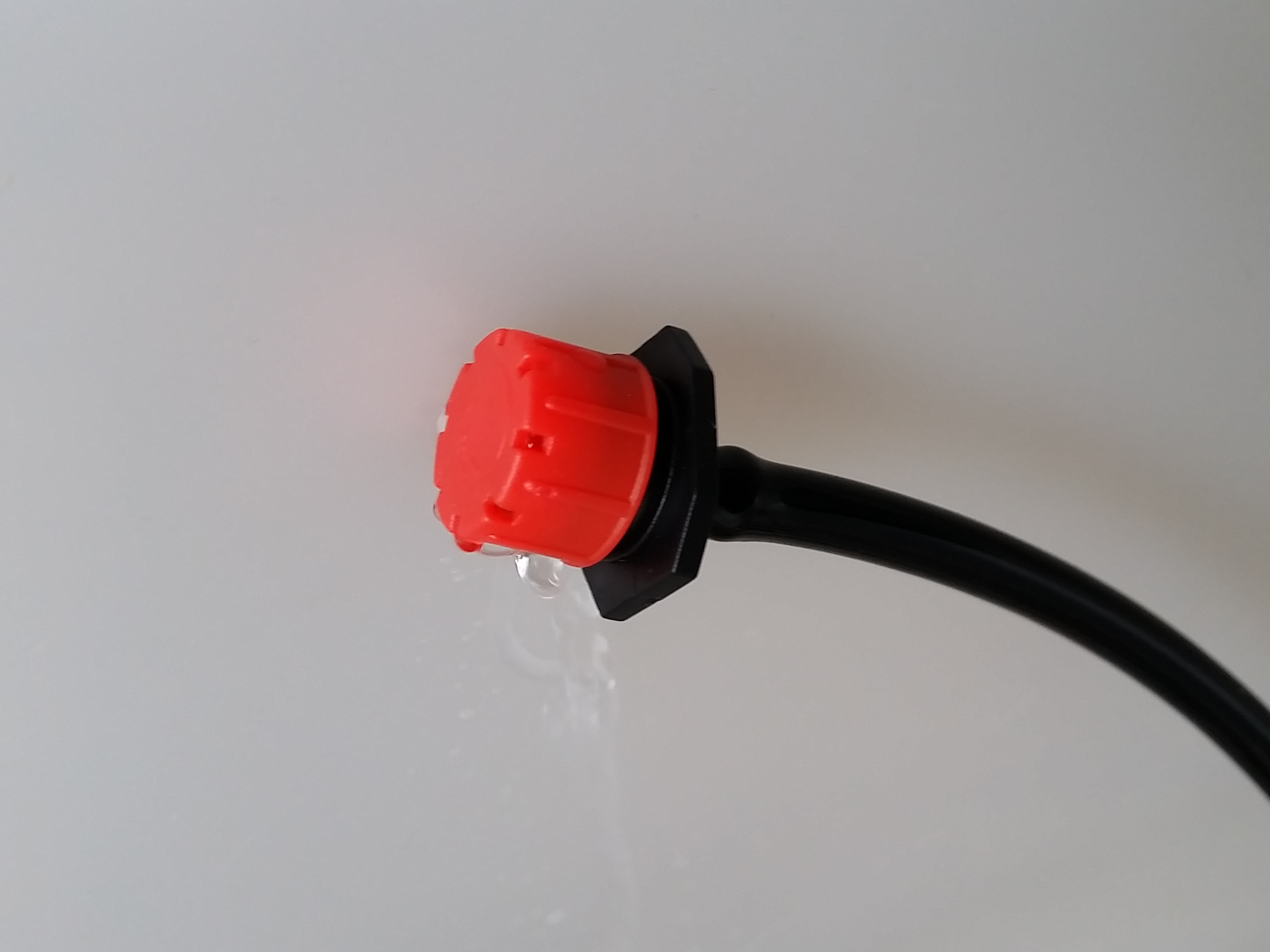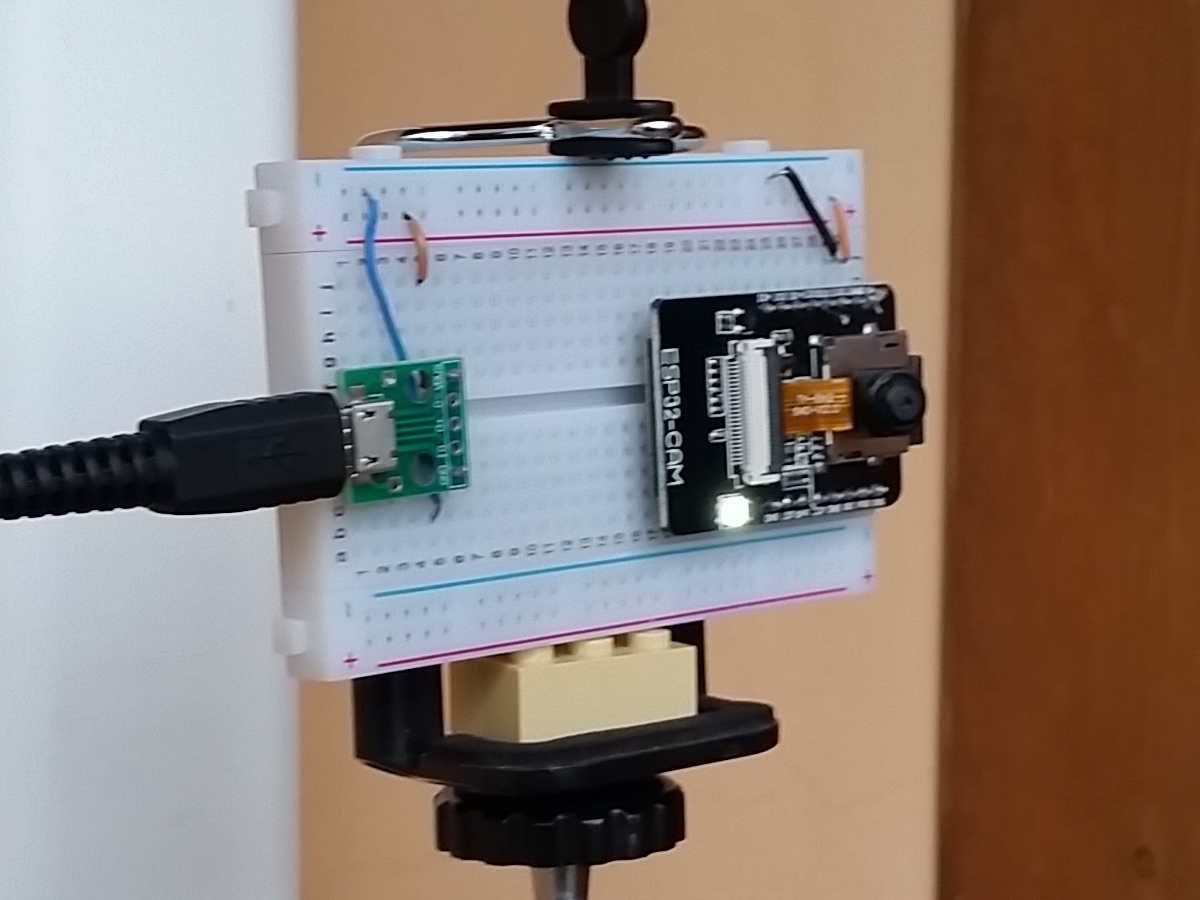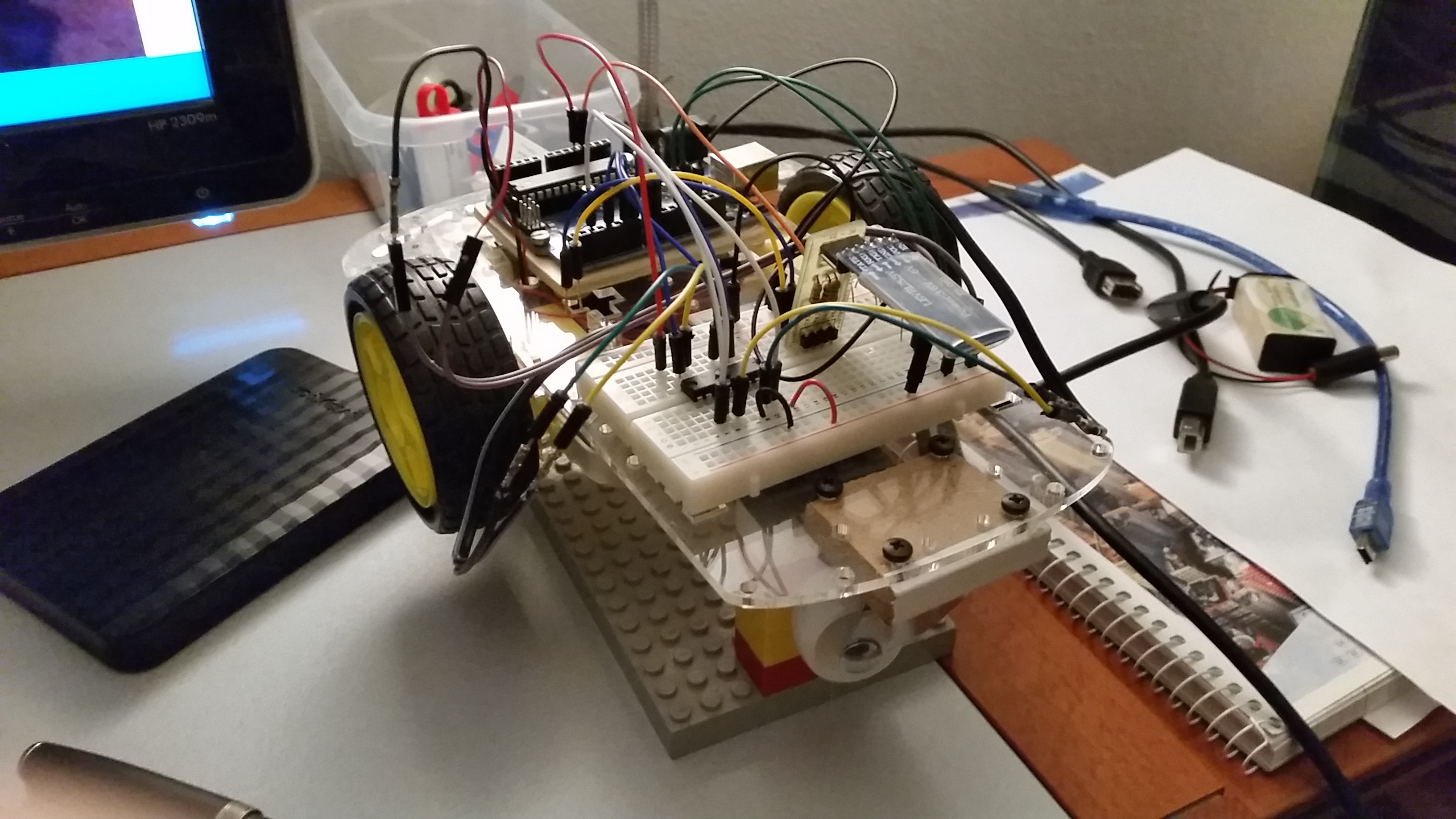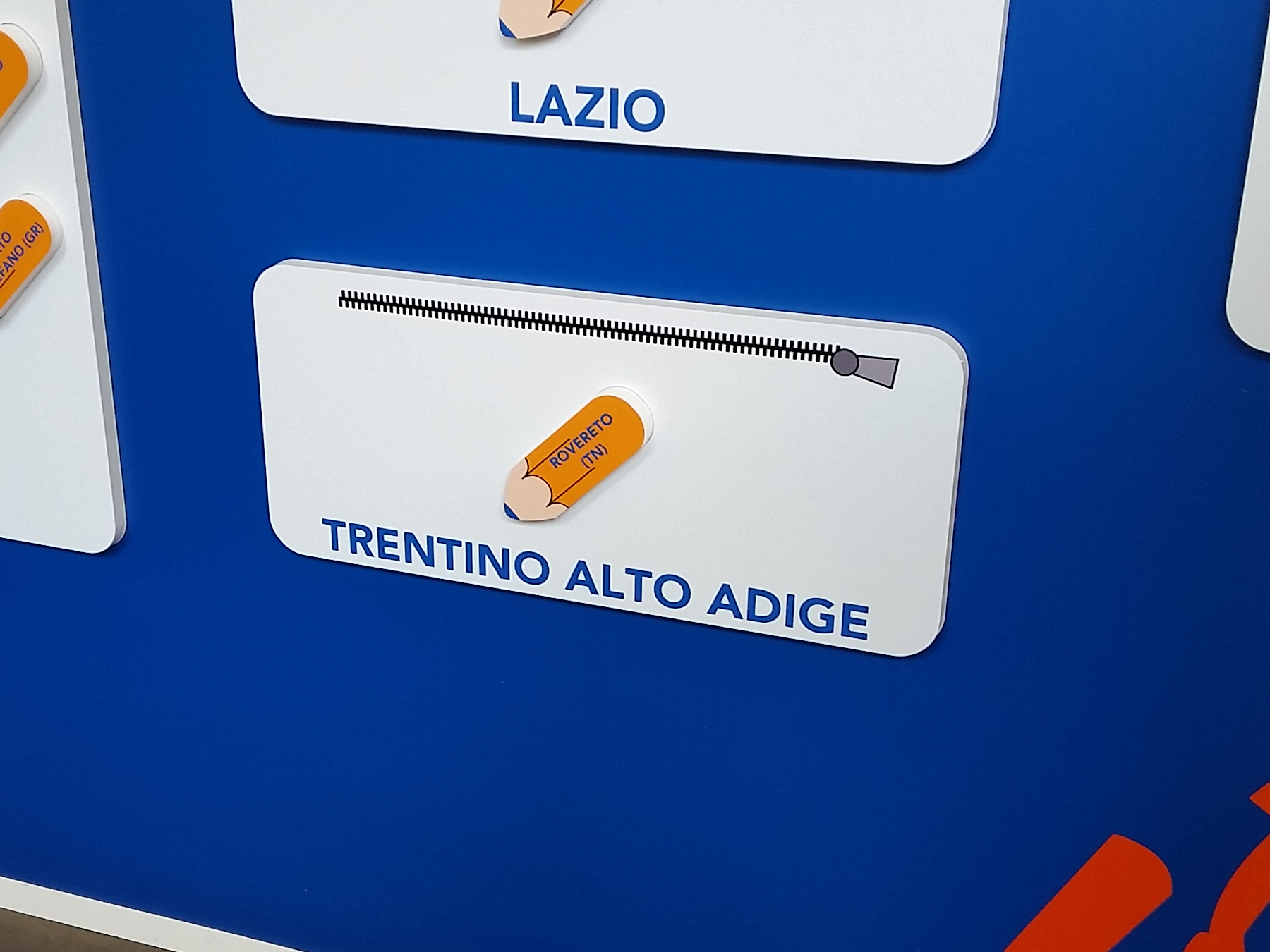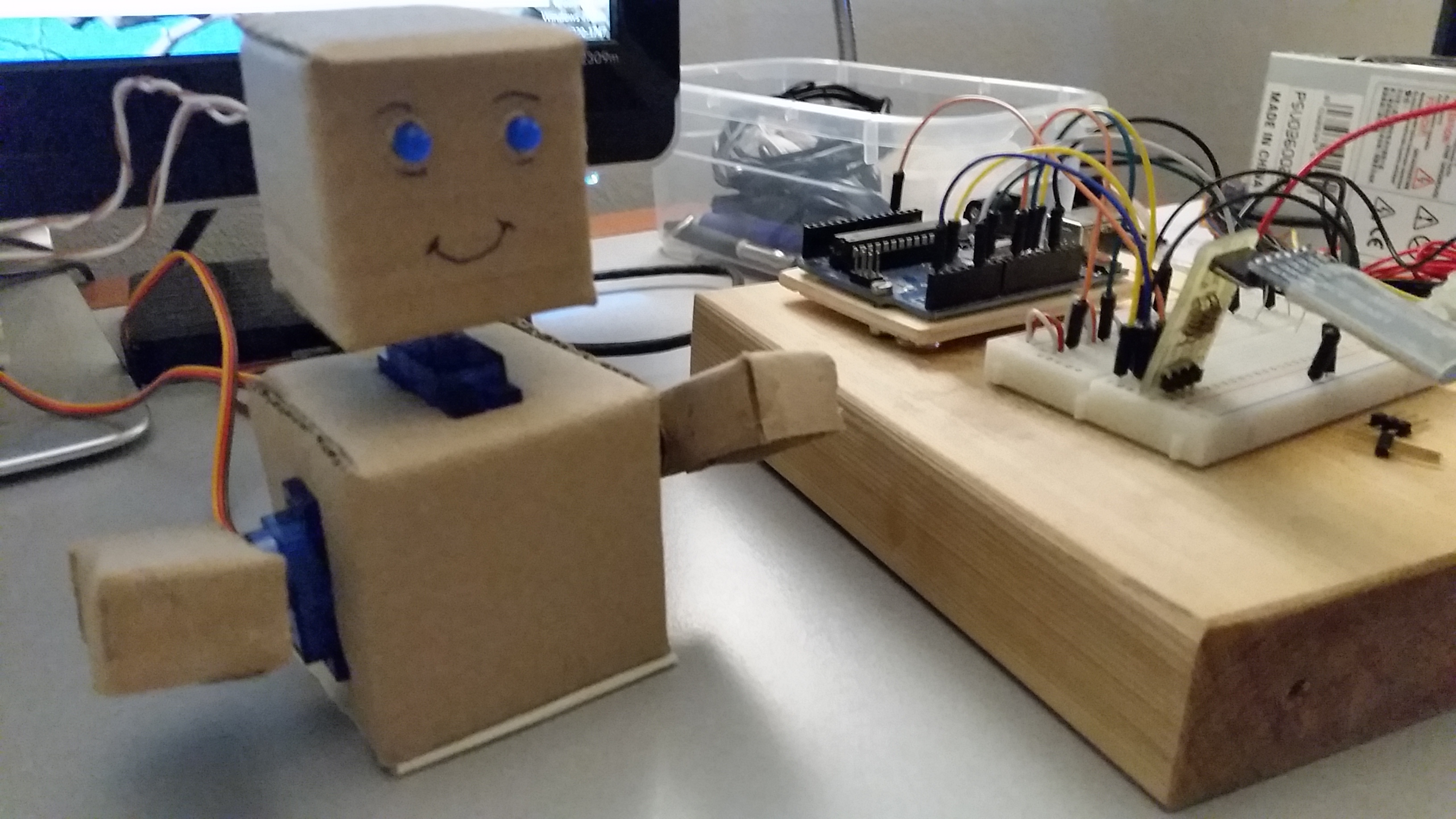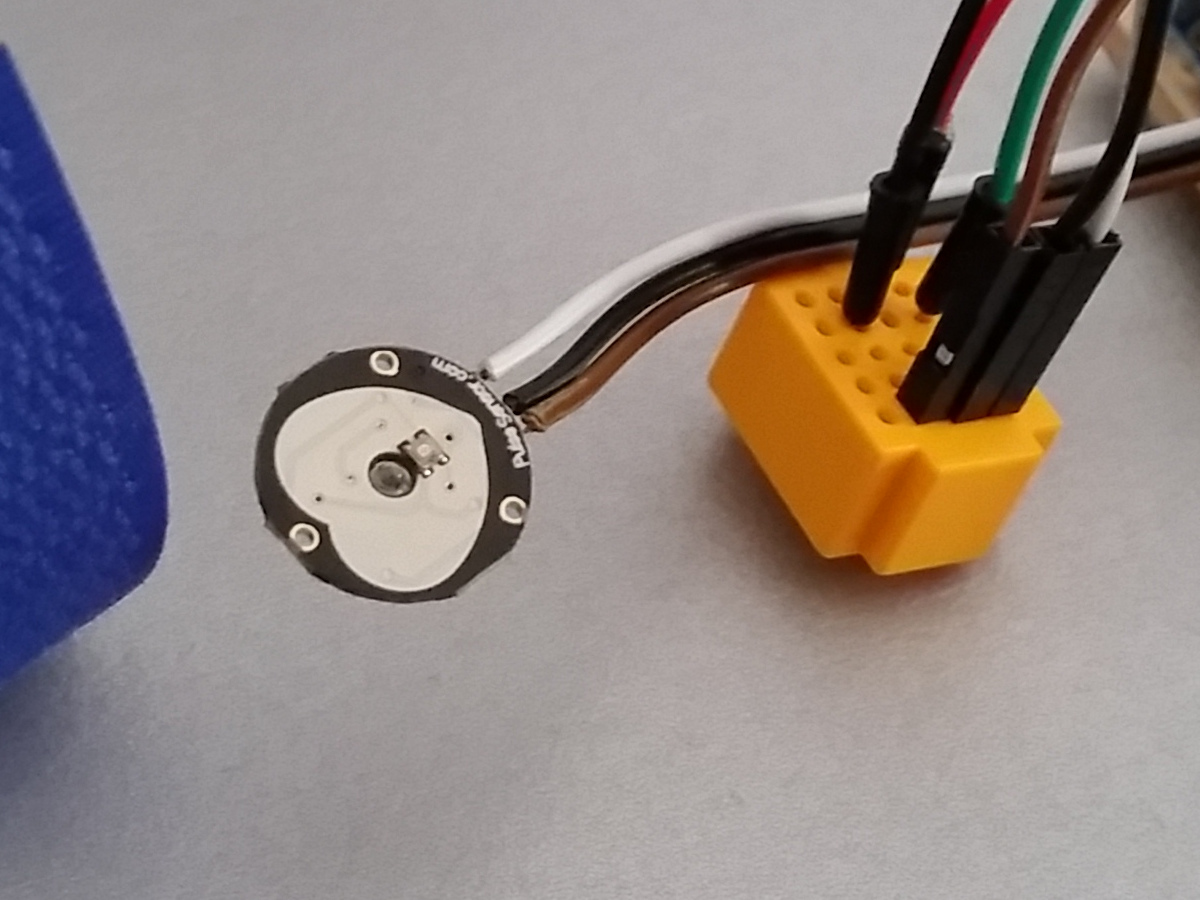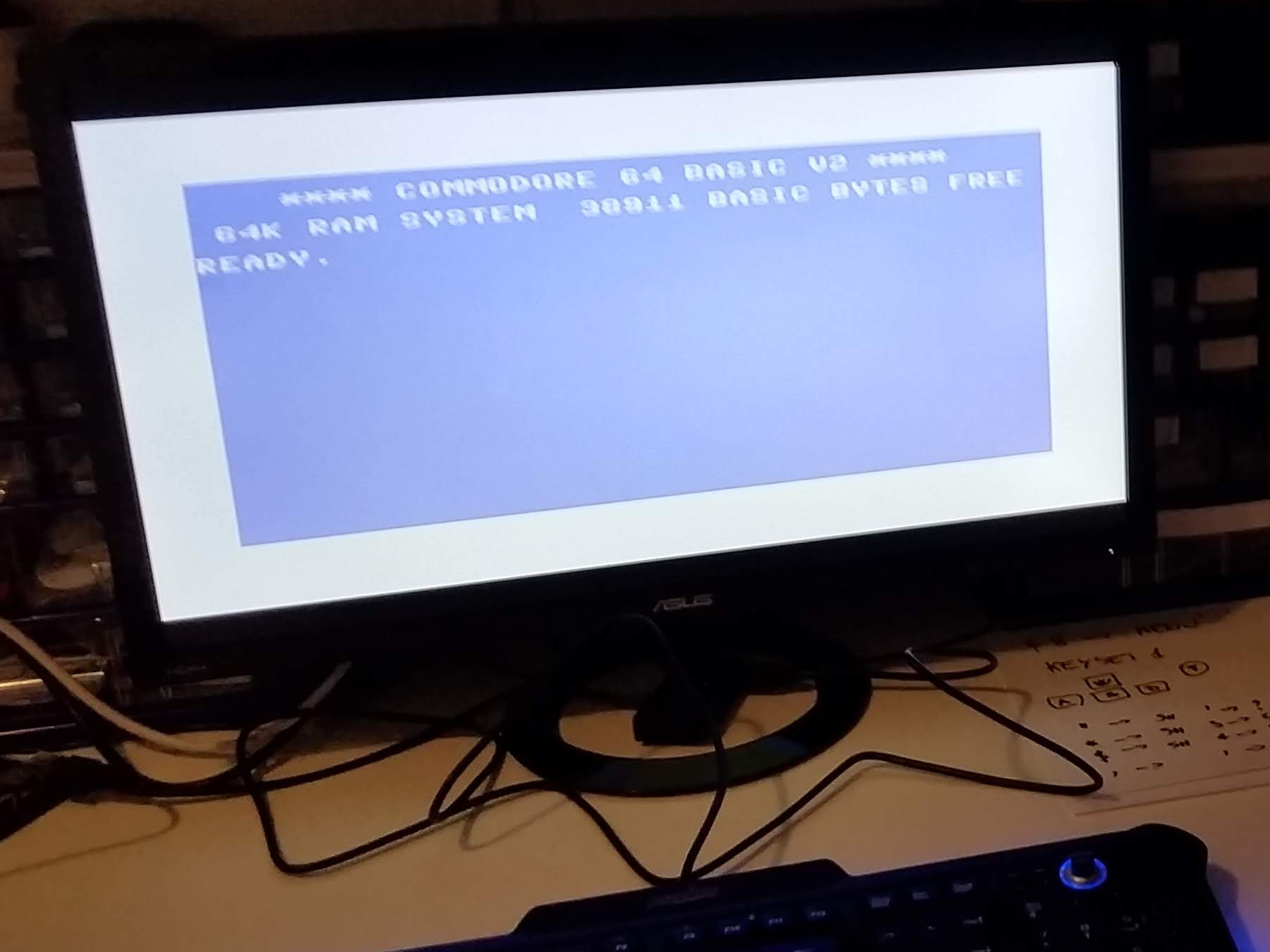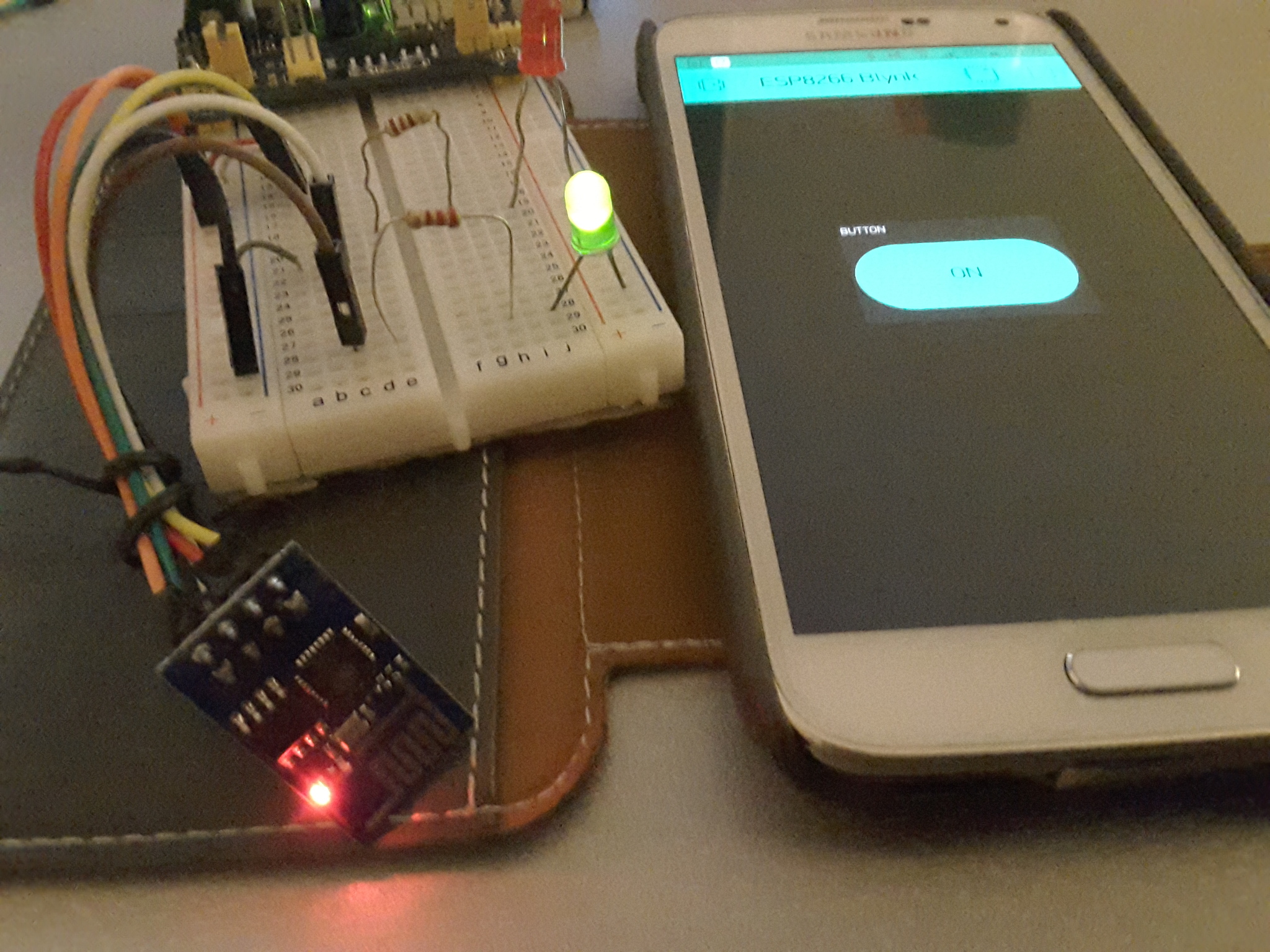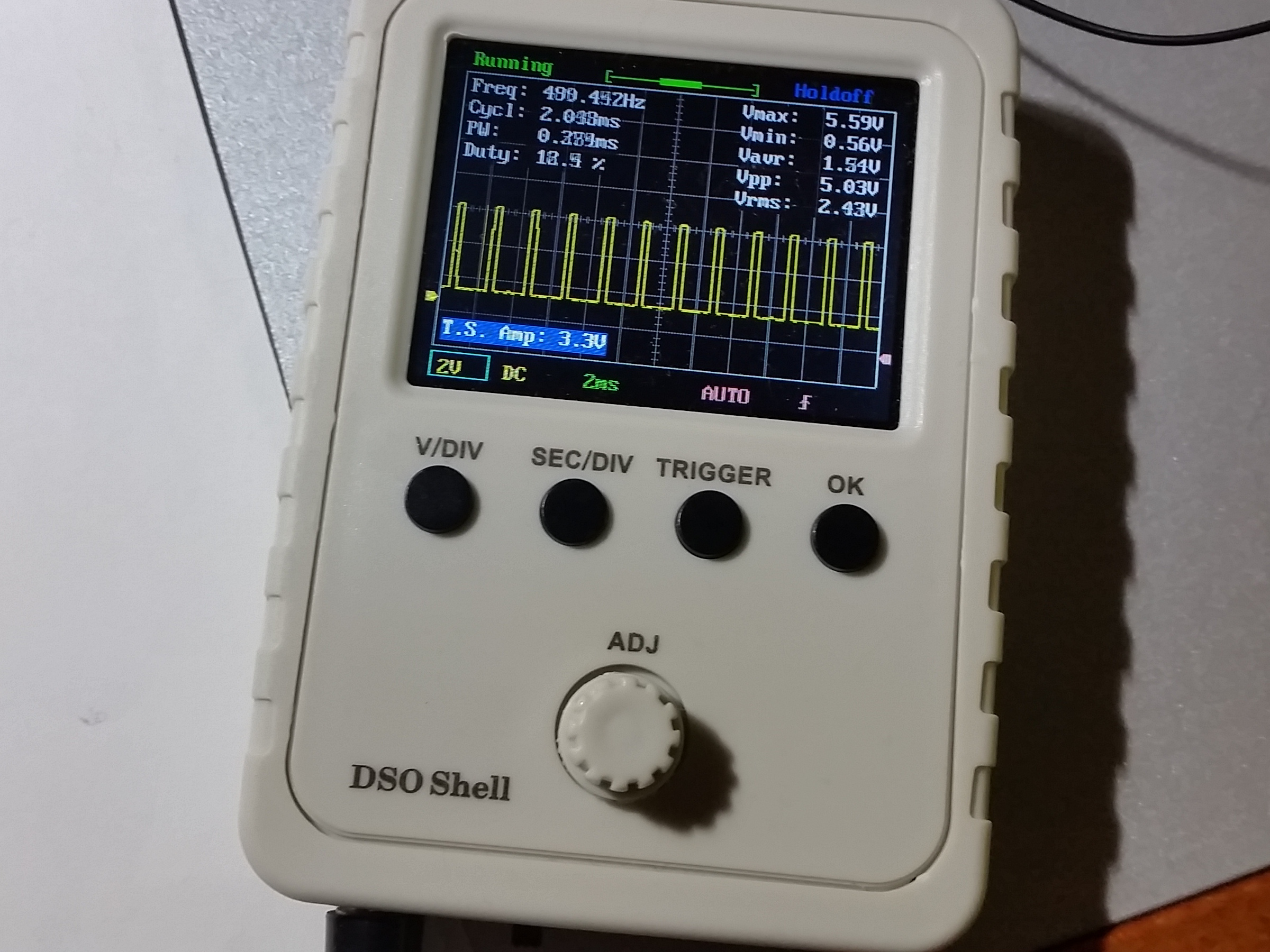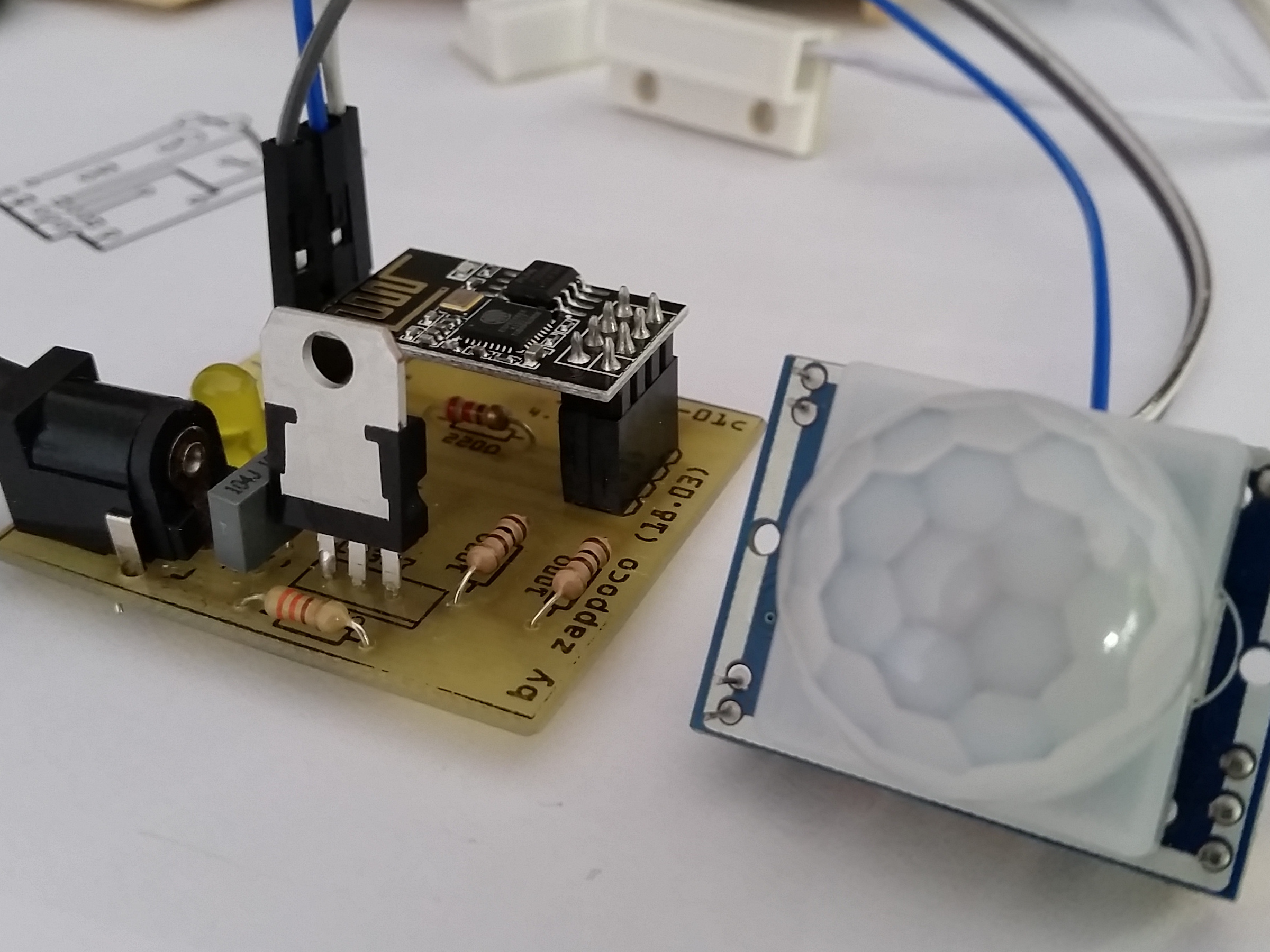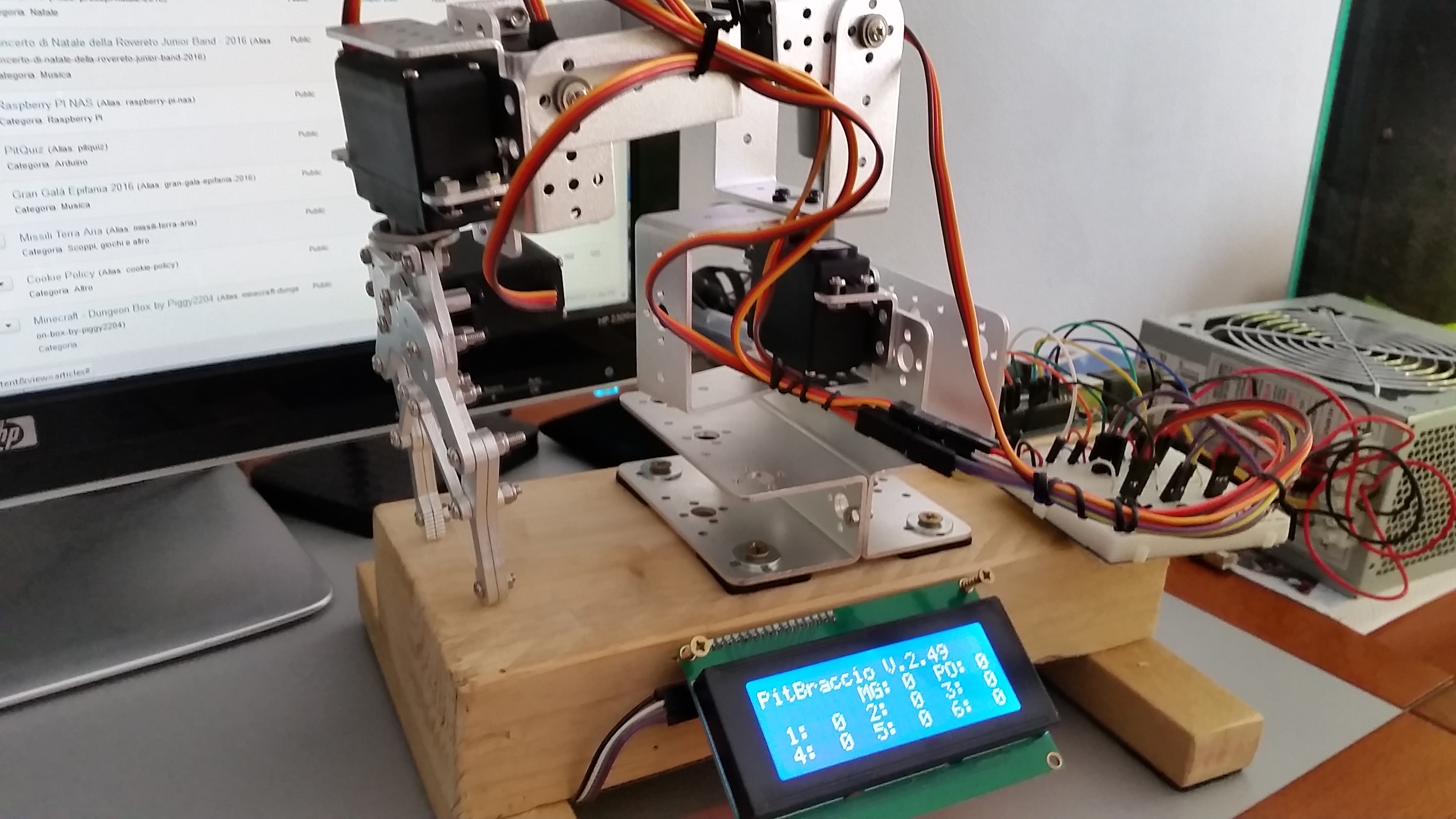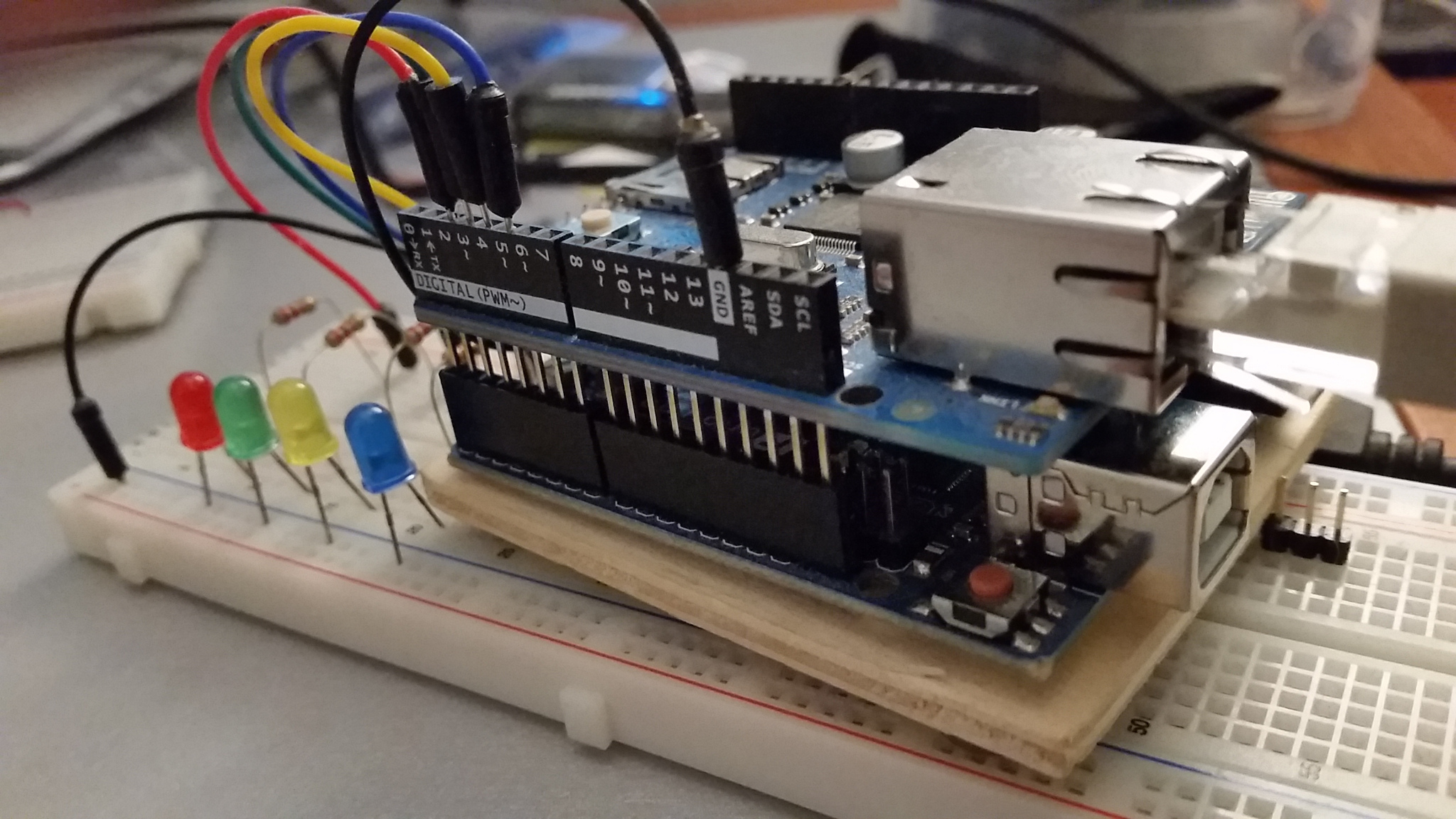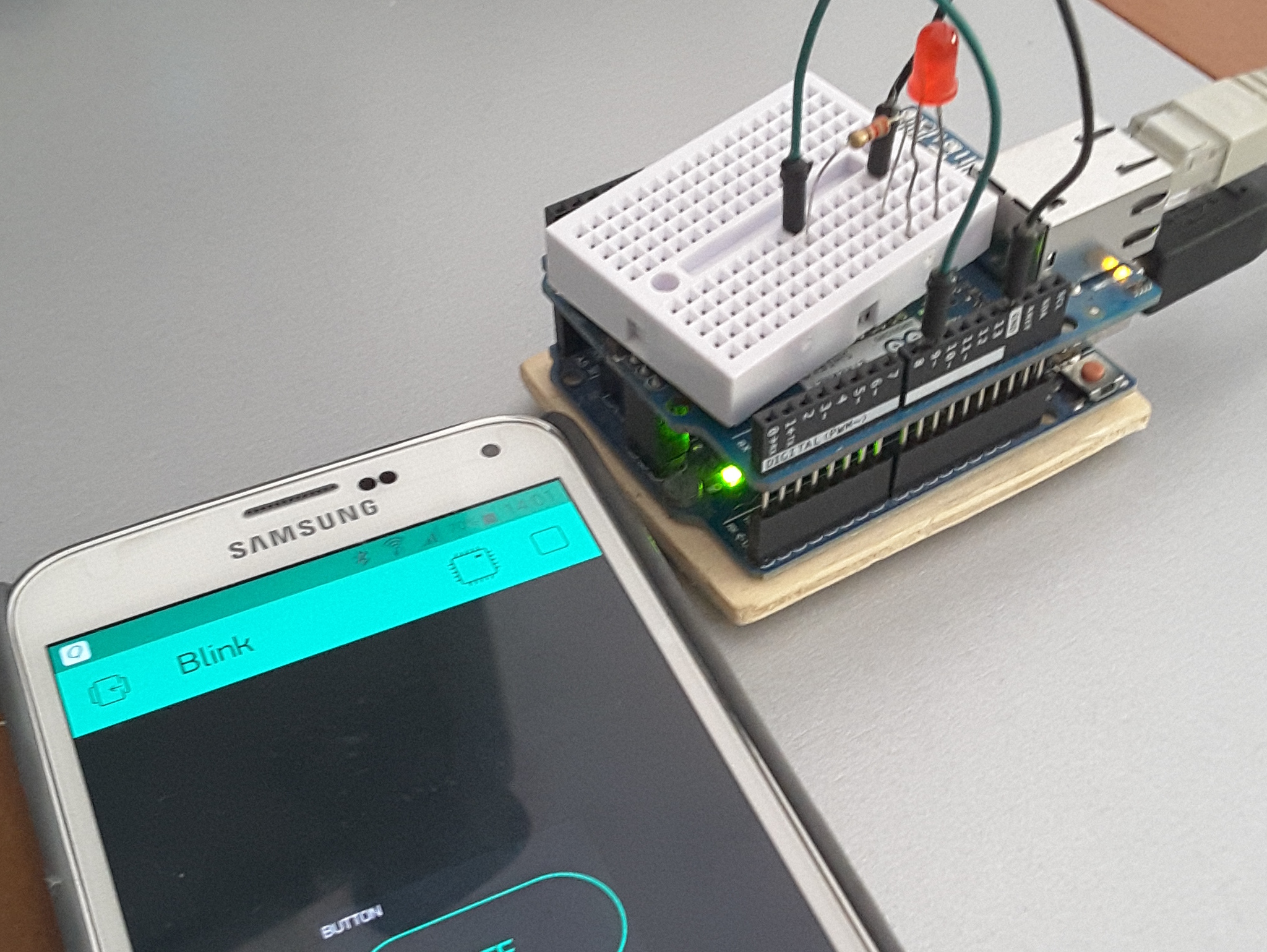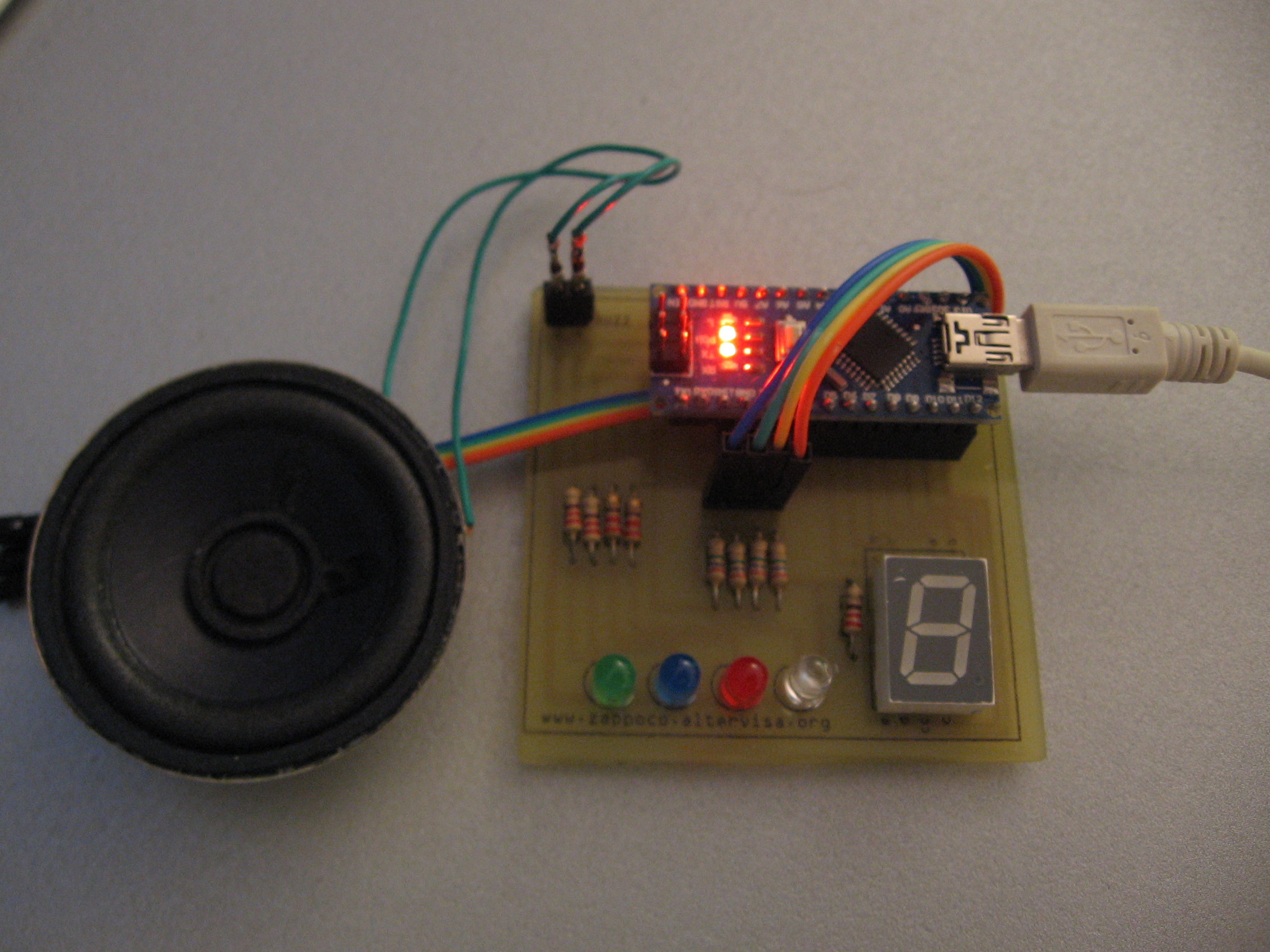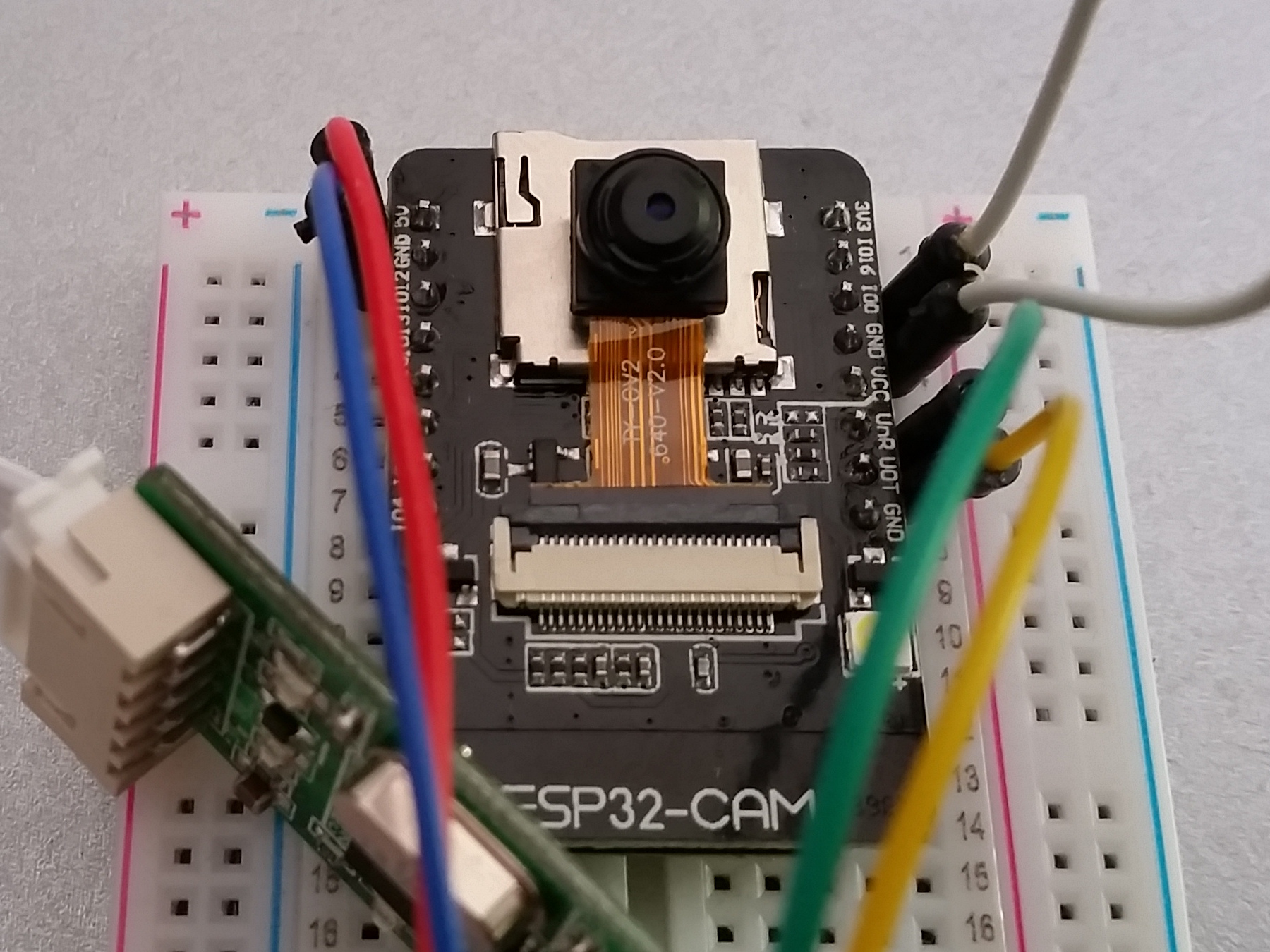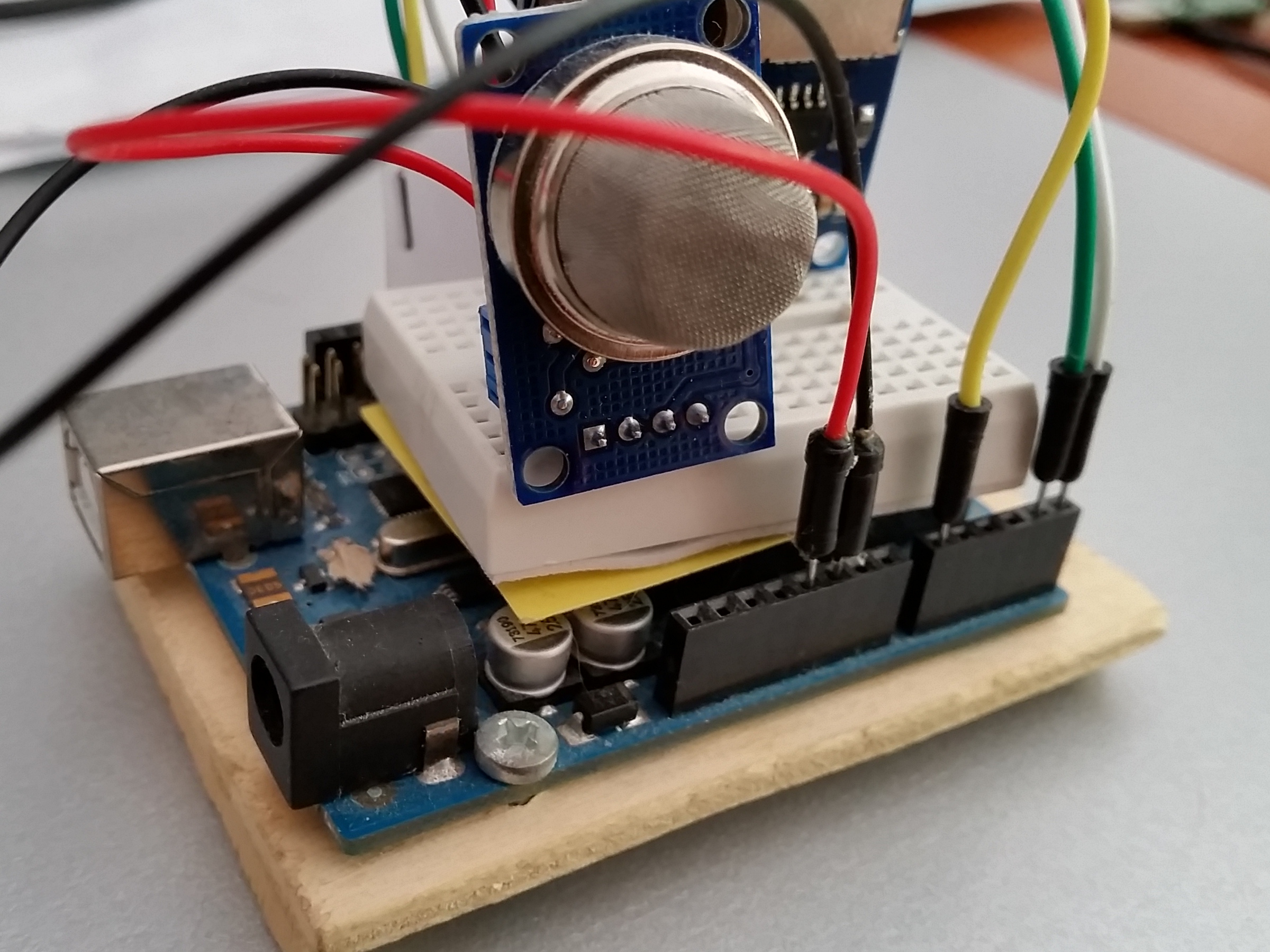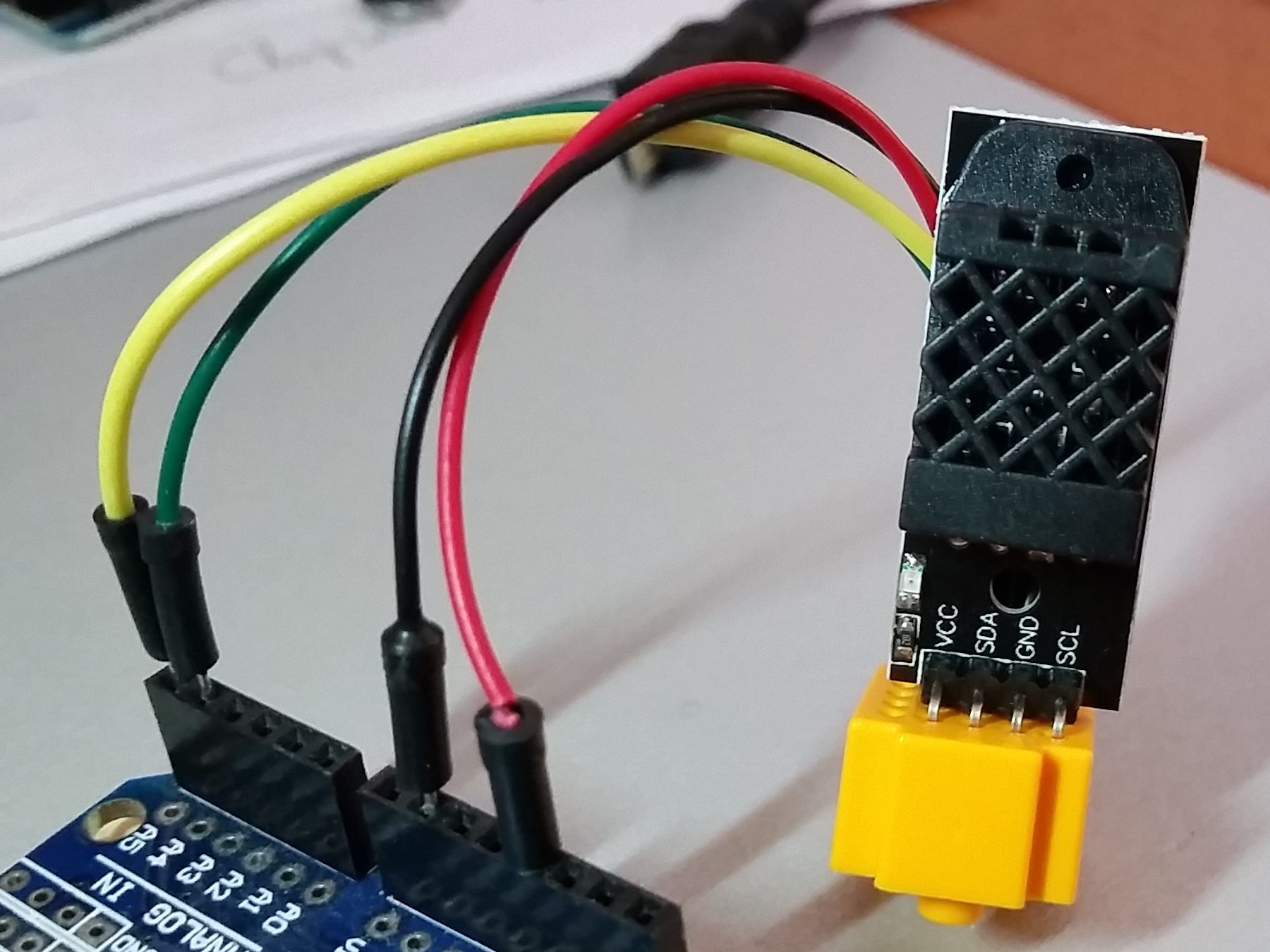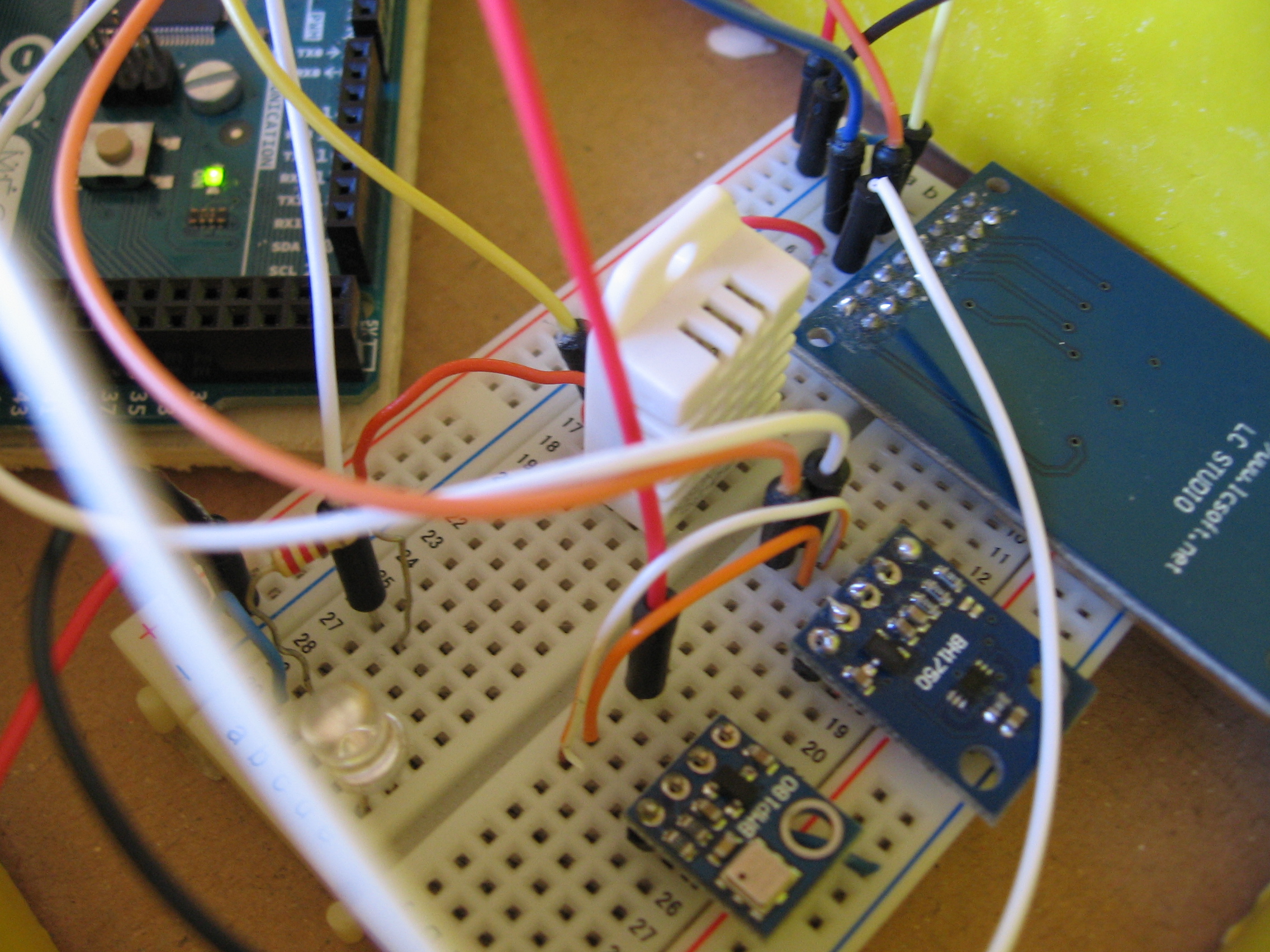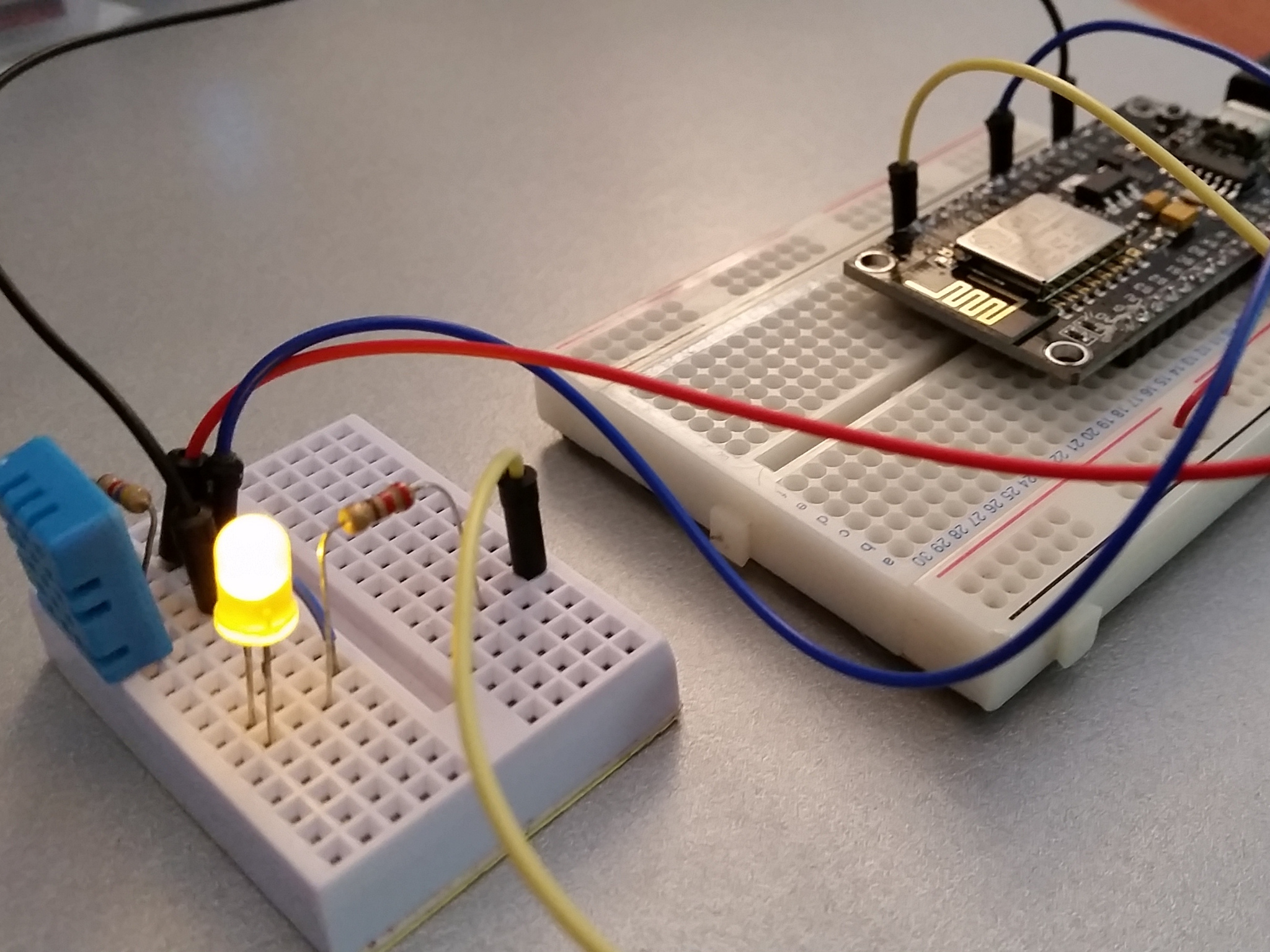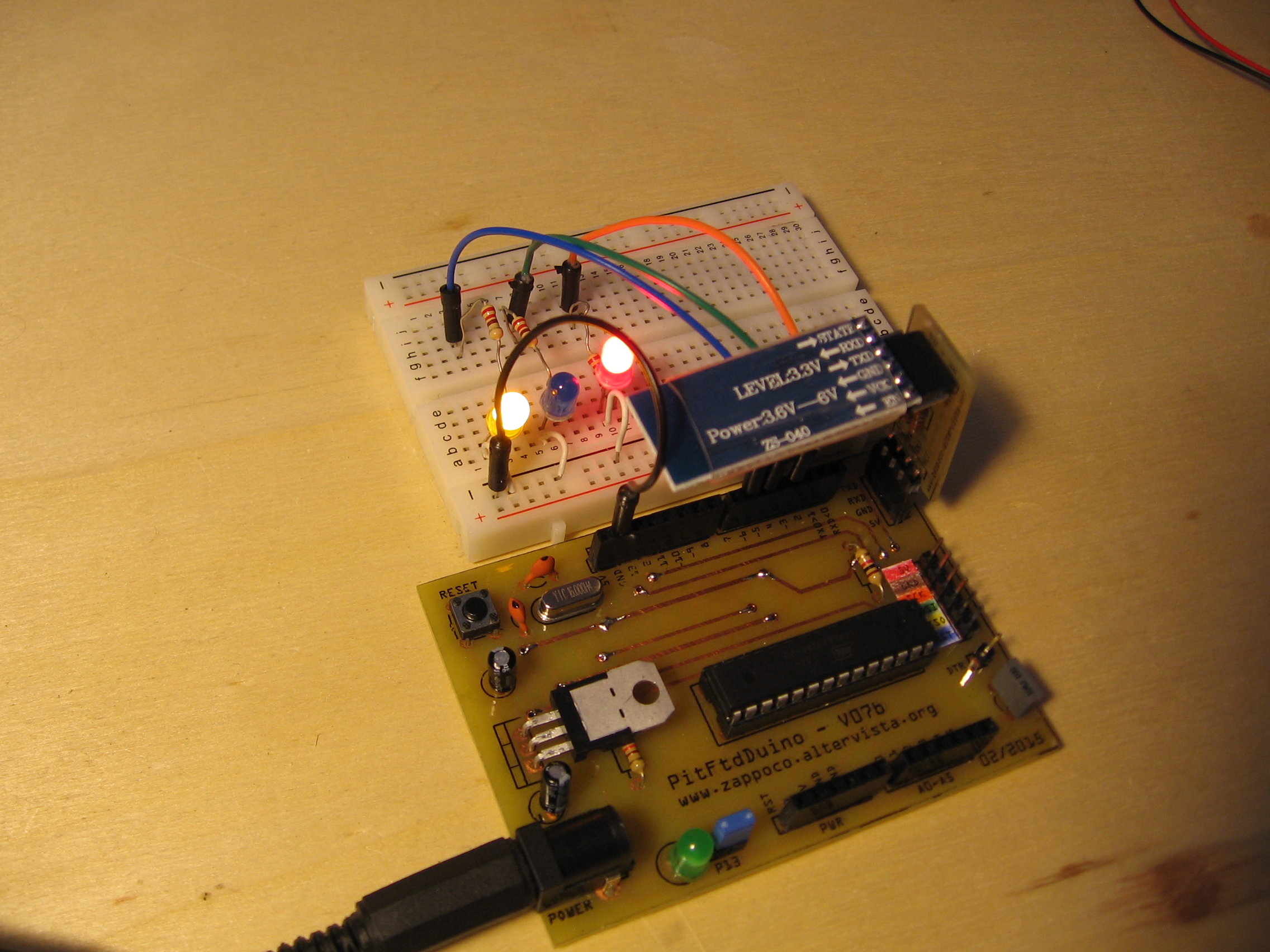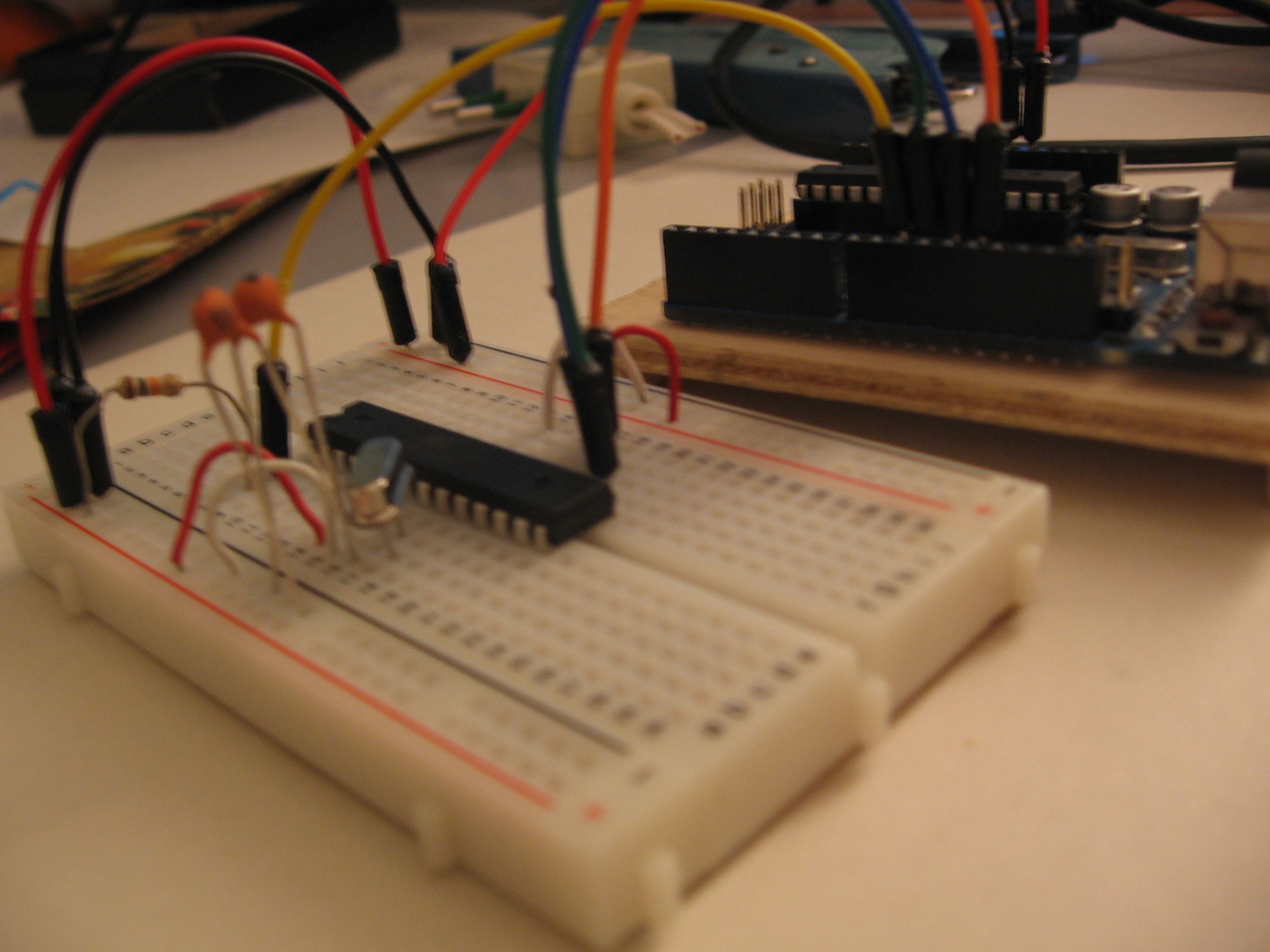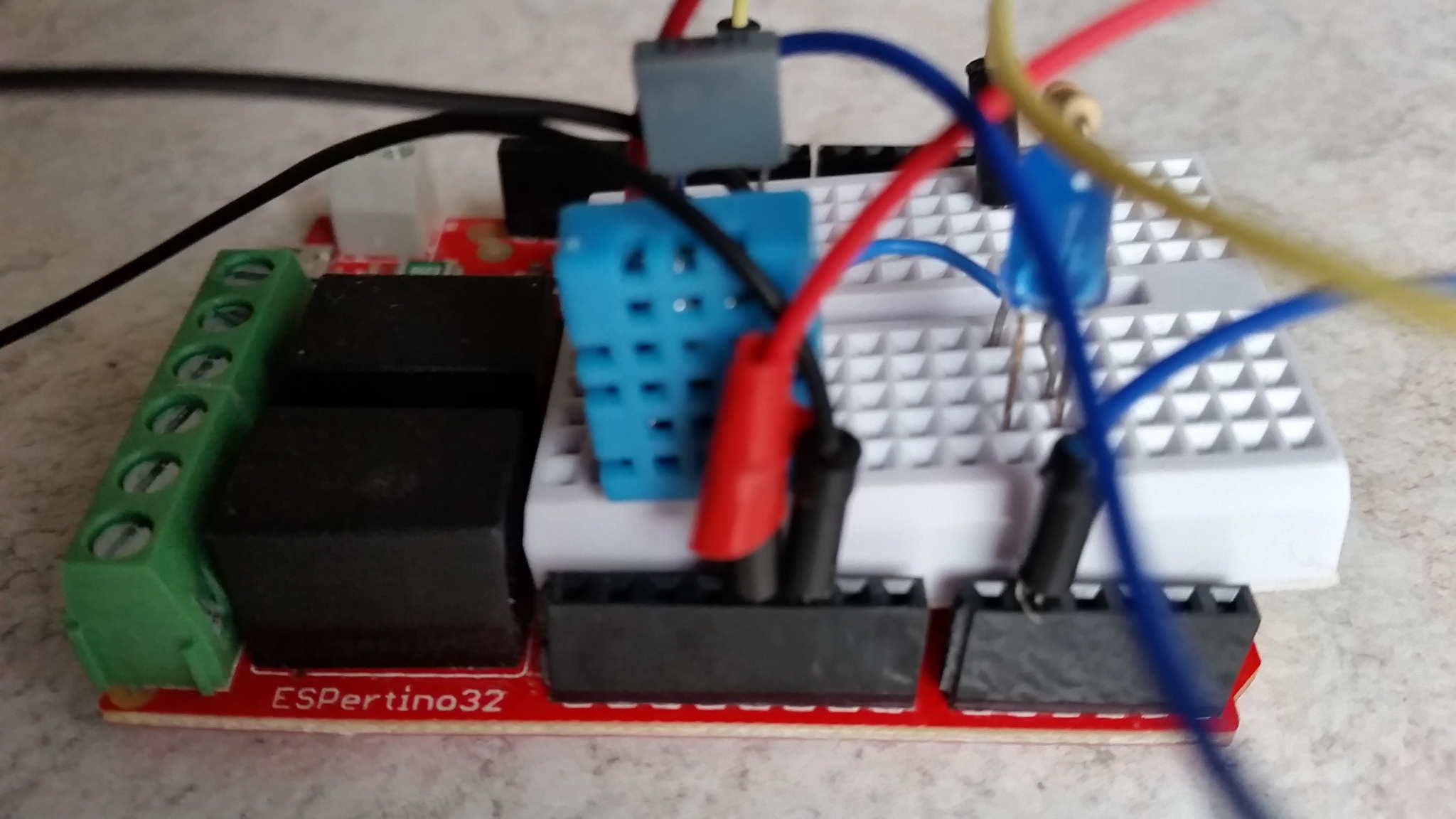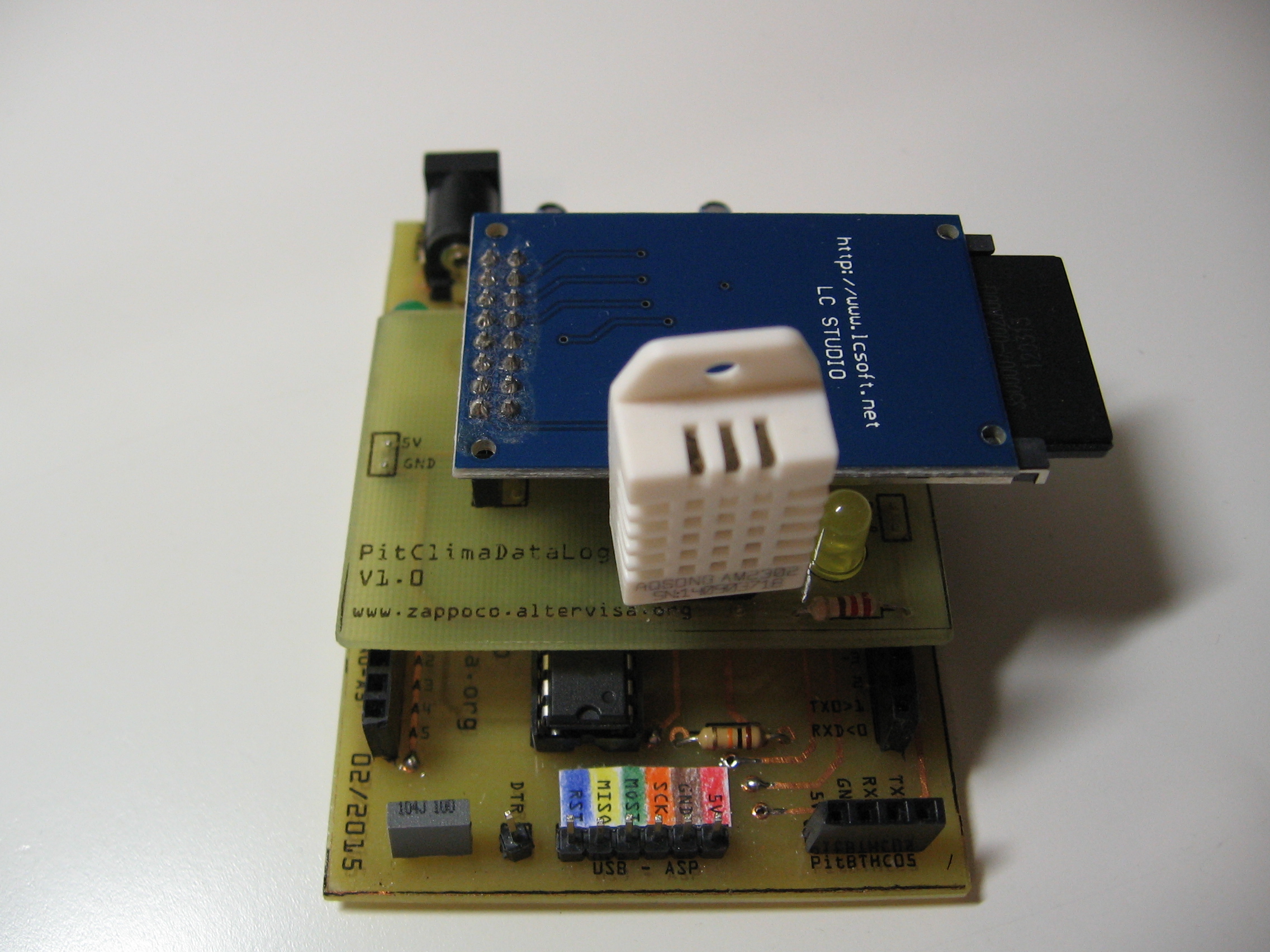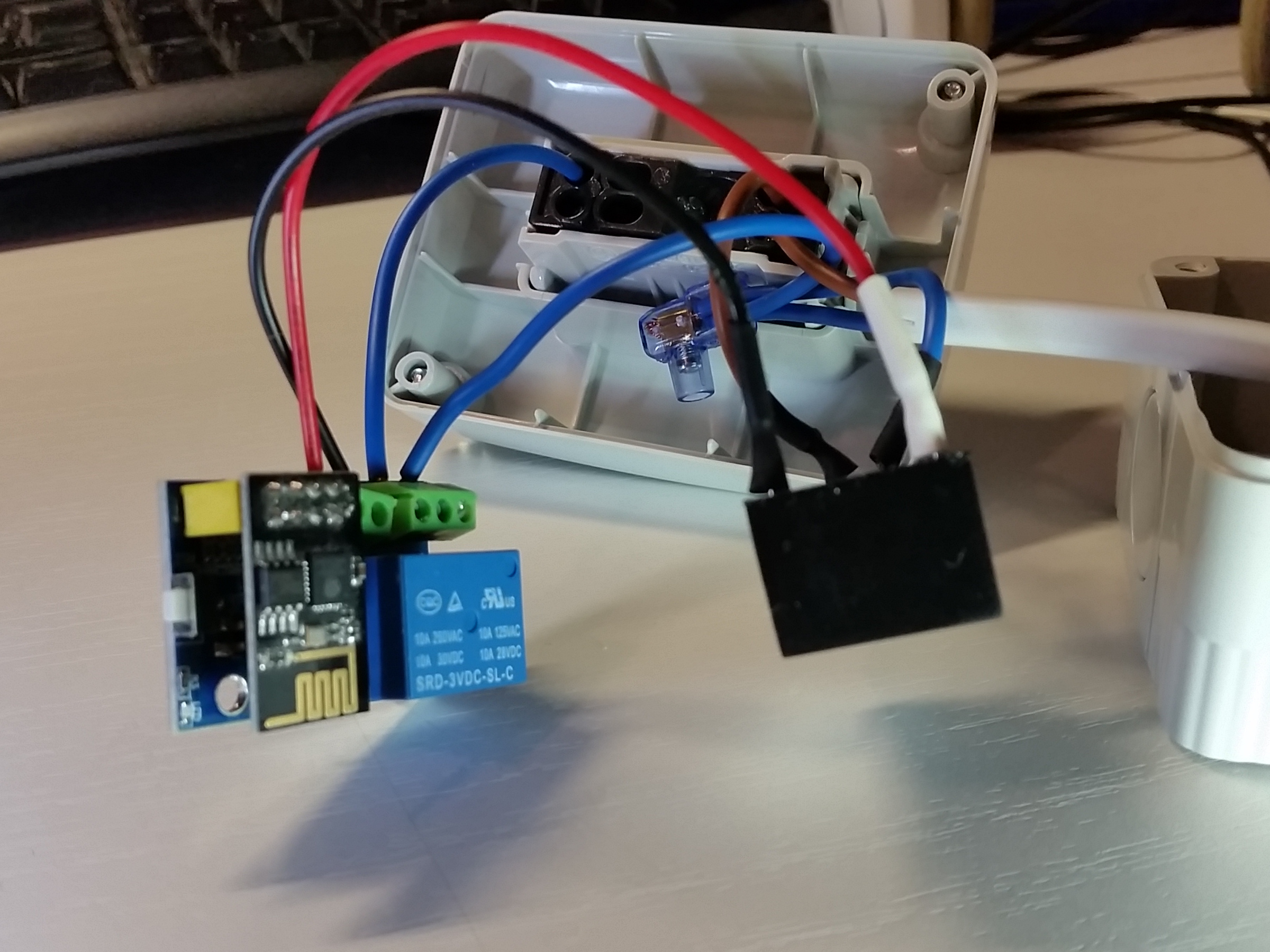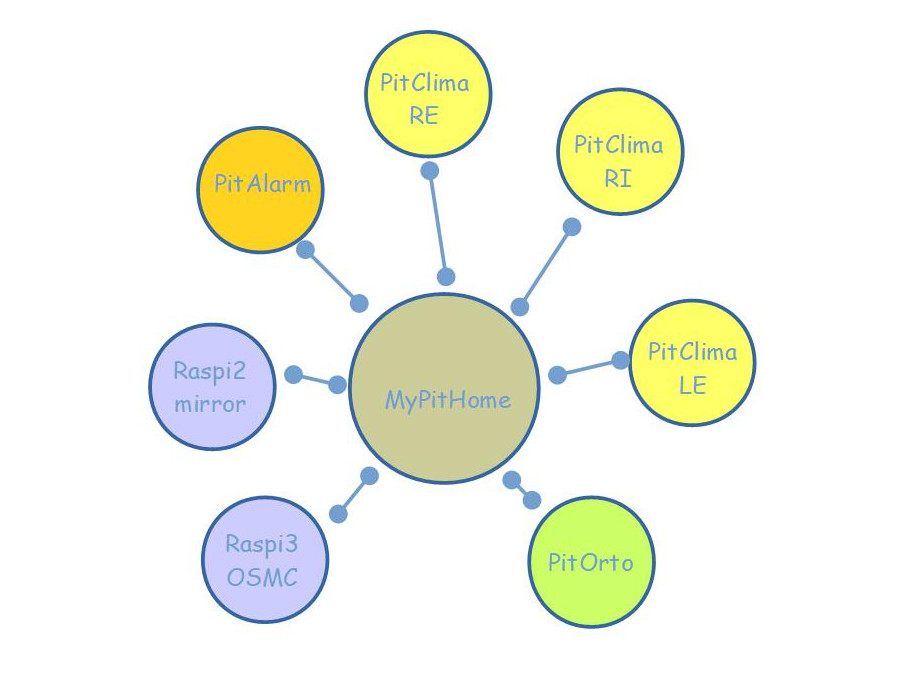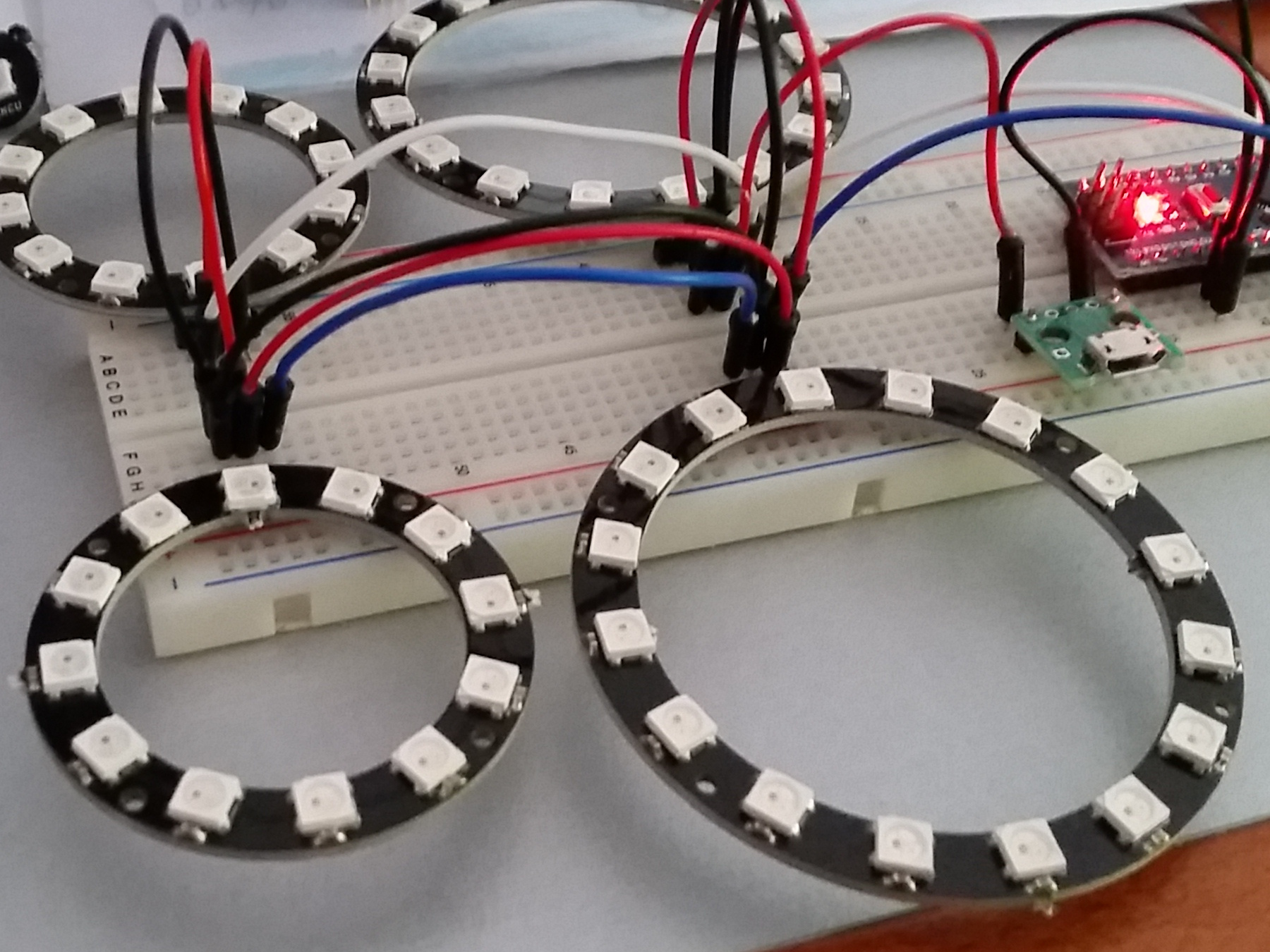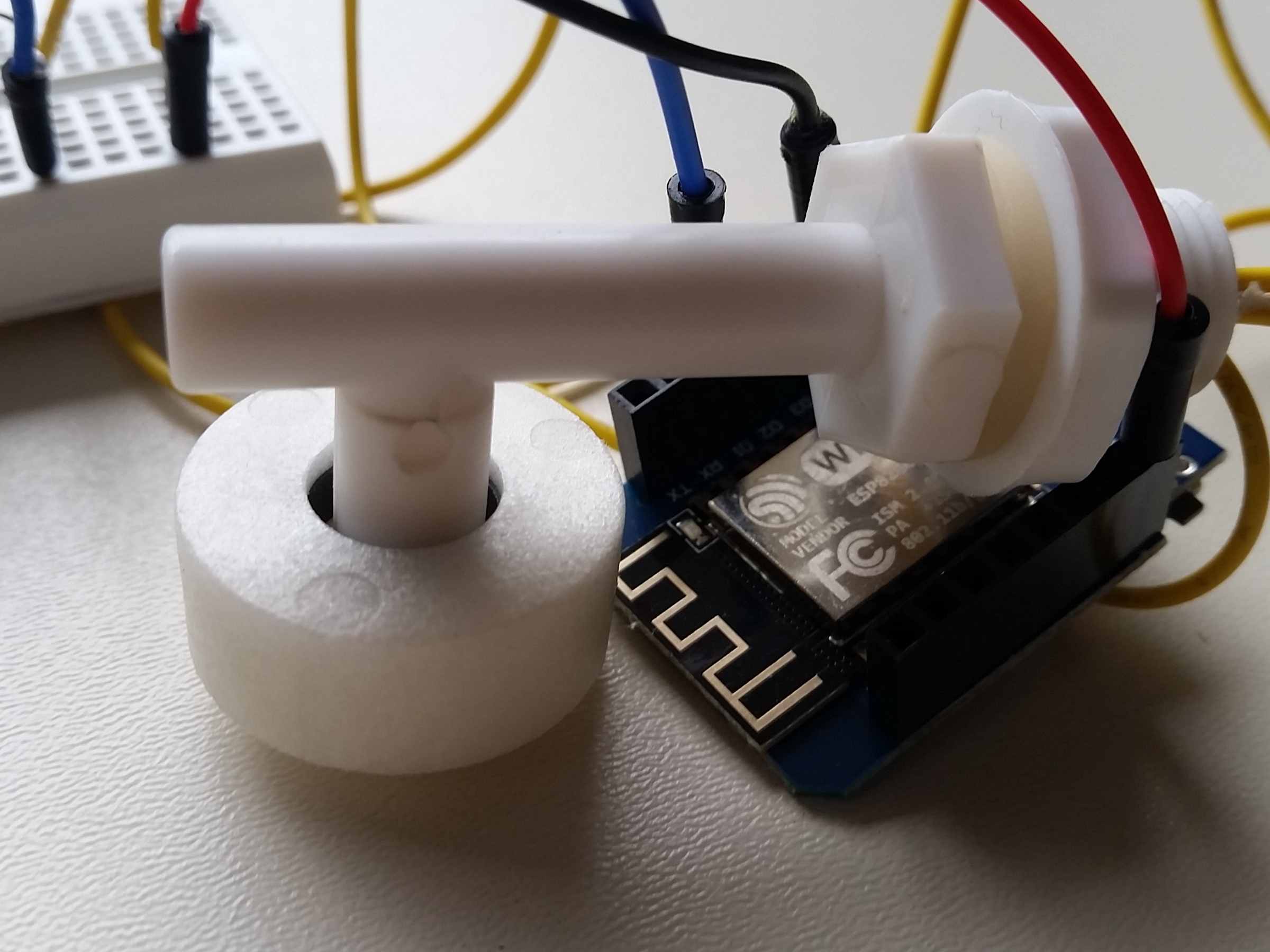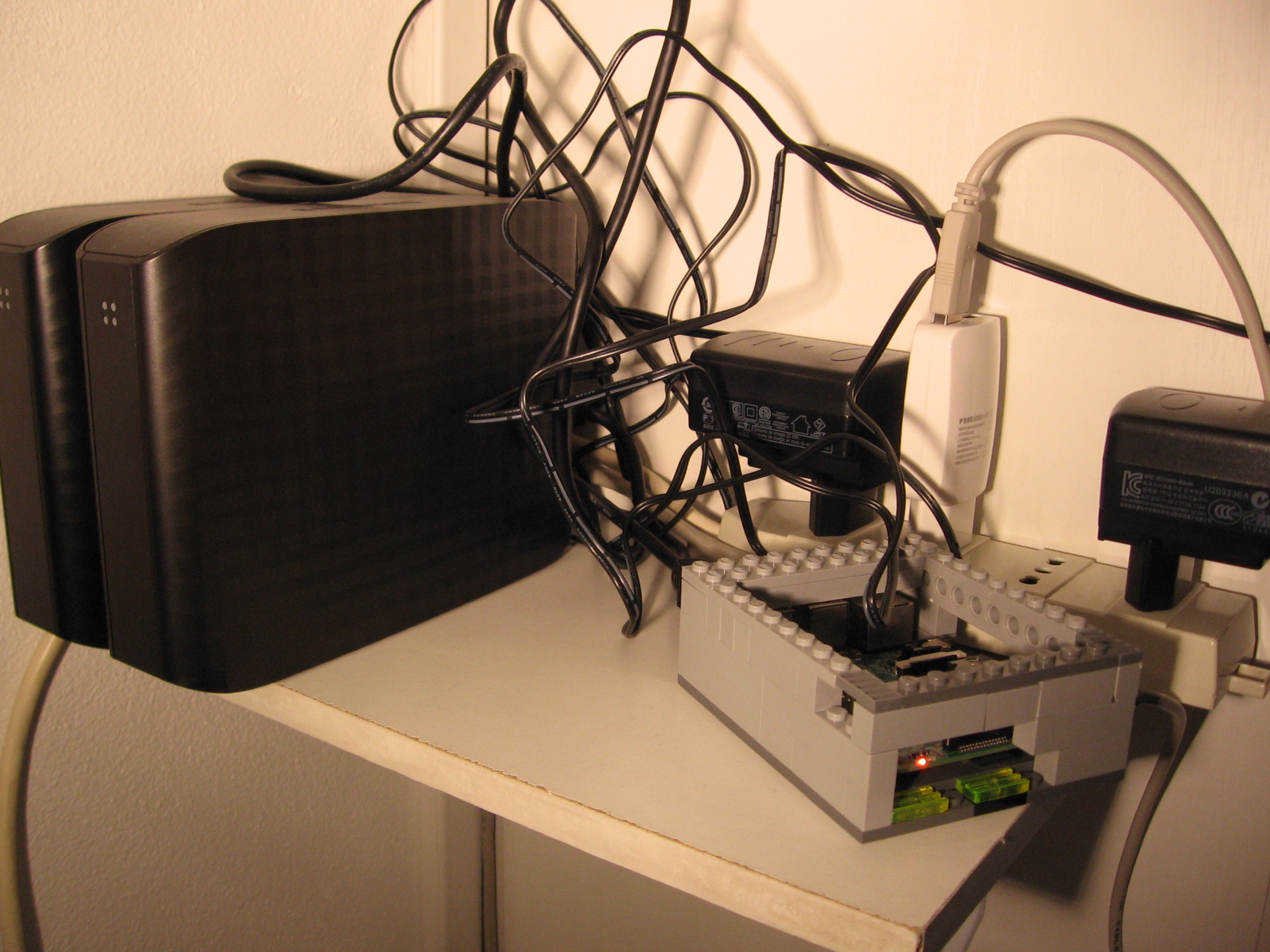PitSDMicroModuleRTC
L'utilizzo del PitSDMicroModuleRTC modulo SD + RTC.

Utilizzo collegamenti e spiegazioni
Il PitSDMicroModuleRTC in azione:
Cosa serve:
- PitSDMicroModuleRTC
Codice sorgente:
/*
*
*
*
*
*
*
*
*
Il codice è l'adattamento del codice SD datalogger e del codice RTC by zappoco 2019
SD card datalogger
This example shows how to log data from three analog sensors
to an SD card using the SD library.
The circuit:
* analog sensors on analog ins 0, 1, and 2
* SD card attached to SPI bus as follows:
** MOSI - pin 11
** MISO - pin 12
** CLK - pin 13
** CS - pin 4 (for MKRZero SD: SDCARD_SS_PIN)
created 24 Nov 2010
modified 9 Apr 2012
by Tom Igoe
This example code is in the public domain.
-----------------------------------
Date and time functions using a DS1307 RTC connected via I2C and Wire lib
*/
#include "SPI.h"
#include "SD.h"
#include "RTClib.h"
// SD
const int chipSelect = 4;
// RTC
#if defined(ARDUINO_ARCH_SAMD) // for Zero, output on USB Serial console, remove line below if using programming port to program the Zero!
#define Serial SerialUSB
#endif
RTC_DS1307 rtc;
char daysOfTheWeek[7][12] = {"Sunday", "Monday", "Tuesday", "Wednesday", "Thursday", "Friday", "Saturday"};
void setup() {
// Open serial communications and wait for port to open:
Serial.begin(9600);
while (!Serial) {
; // wait for serial port to connect. Needed for native USB port only
}
delay (1000);
//
// SD
//
Serial.print("Initializing SD card...");
// see if the card is present and can be initialized:
if (!SD.begin(chipSelect)) {
Serial.println("Card failed, or not present");
// don't do anything more:
return;
}
Serial.println("card initialized.");
//
// RTC
//
if (! rtc.begin()) {
Serial.println("Couldn't find RTC");
while (1);
}
if (! rtc.isrunning()) {
Serial.println("RTC is NOT running!");
// following line sets the RTC to the date & time this sketch was compiled
rtc.adjust(DateTime(F(__DATE__), F(__TIME__)));
// This line sets the RTC with an explicit date & time, for example to set
// January 21, 2014 at 3am you would call:
// rtc.adjust(DateTime(2014, 1, 21, 3, 0, 0));
// rtc.adjust(DateTime(2014, 1, 21, 3, 0, 0));
}
//rtc.adjust(DateTime(2019, 2, 9, 19, 52, 0));
//SD.remove("datalog.txt");
File dataFile = SD.open("datalog.txt", FILE_WRITE);
dataFile.println("Inizio scrittura");
dataFile.close();
}
void loop() {
// make a string for assembling the data to log:
String dataString = "";
// lettura RTC
DateTime now = rtc.now();
dataString += String(now.year()) ;
dataString += "/";
dataString += String(now.month());
dataString += "/";
dataString += String(now.day());
dataString += " - ";
dataString += String(daysOfTheWeek[now.dayOfTheWeek()]);
dataString += " - ";
//sprintf(buf, "Hello!%d", n);
dataString += String(now.hour());
dataString += ":";
dataString += String(now.minute());
dataString += ":";
dataString += String(now.second());
dataString += " - ";
// read three sensors and append to the string:
for (int analogPin = 0; analogPin < 3; analogPin++) {
int sensor = analogRead(analogPin);
dataString += String(sensor);
if (analogPin < 2) {
dataString += ",";
}
}
// open the file. note that only one file can be open at a time,
// so you have to close this one before opening another.
File dataFile = SD.open("datalog.txt", FILE_WRITE);
// if the file is available, write to it:
if (dataFile) {
dataFile.println(dataString);
dataFile.close();
// print to the serial port too:
Serial.println(dataString);
}
// if the file isn't open, pop up an error:
else {
Serial.println("error opening datalog.txt");
}
delay (1000);
}

